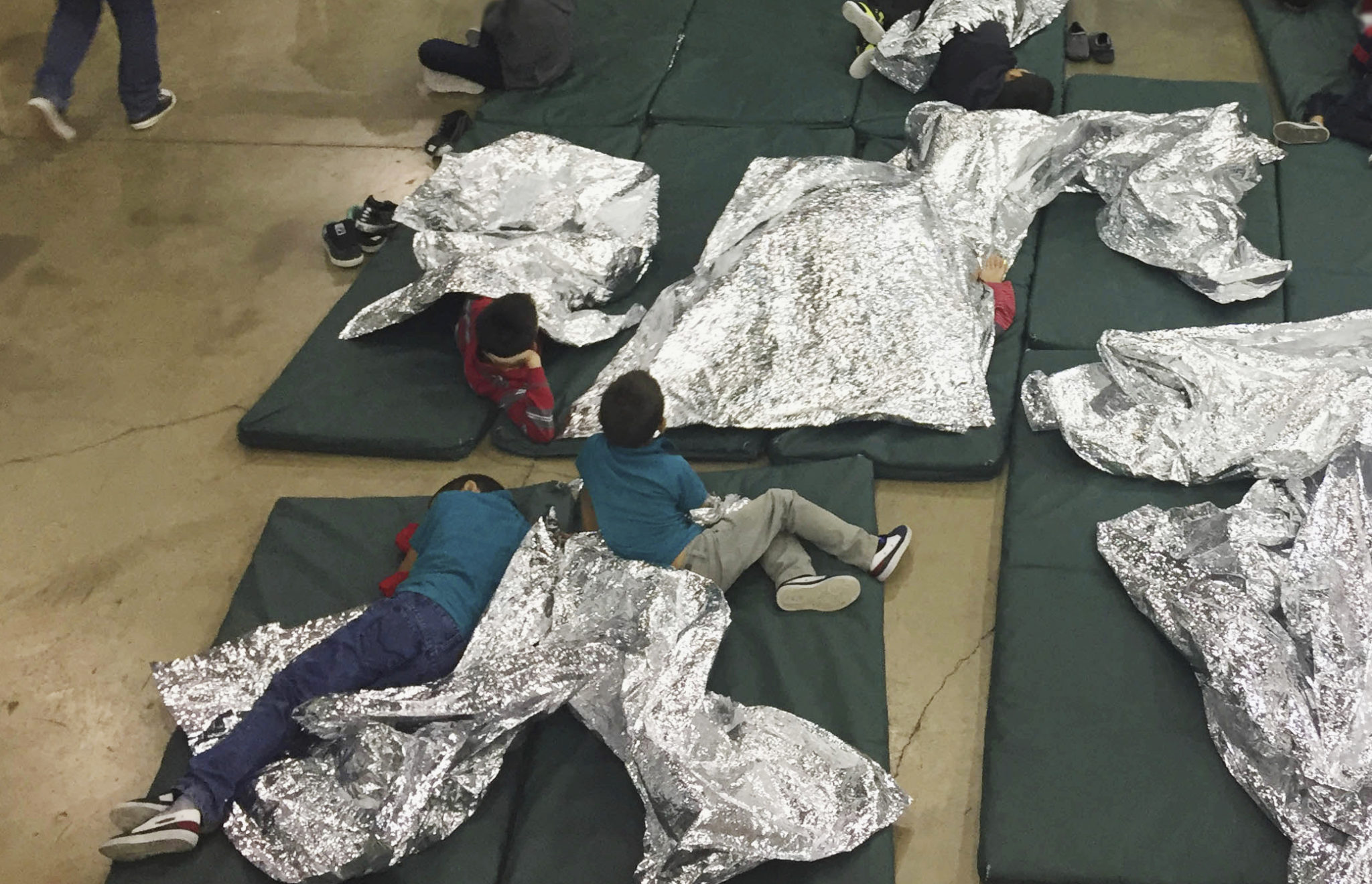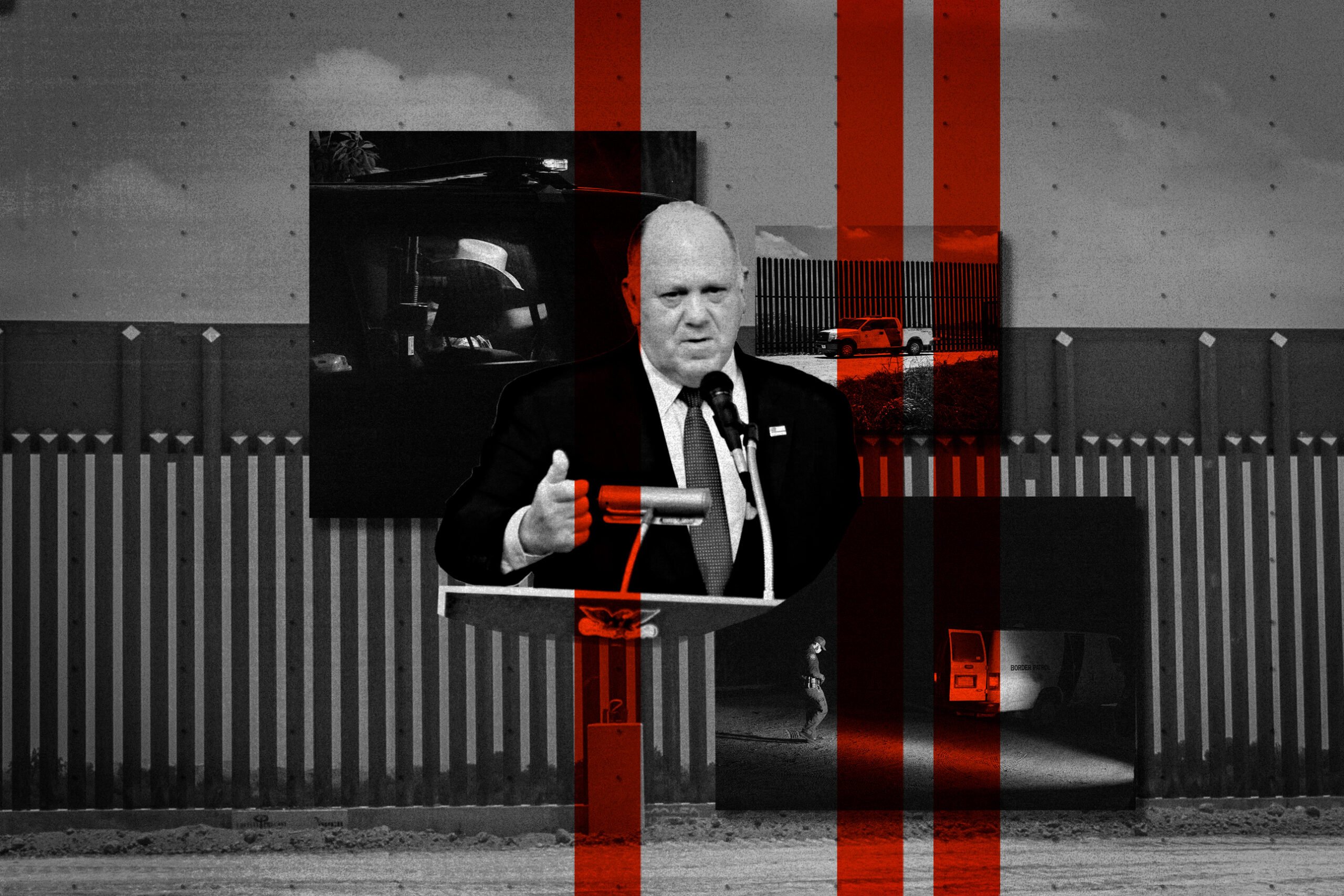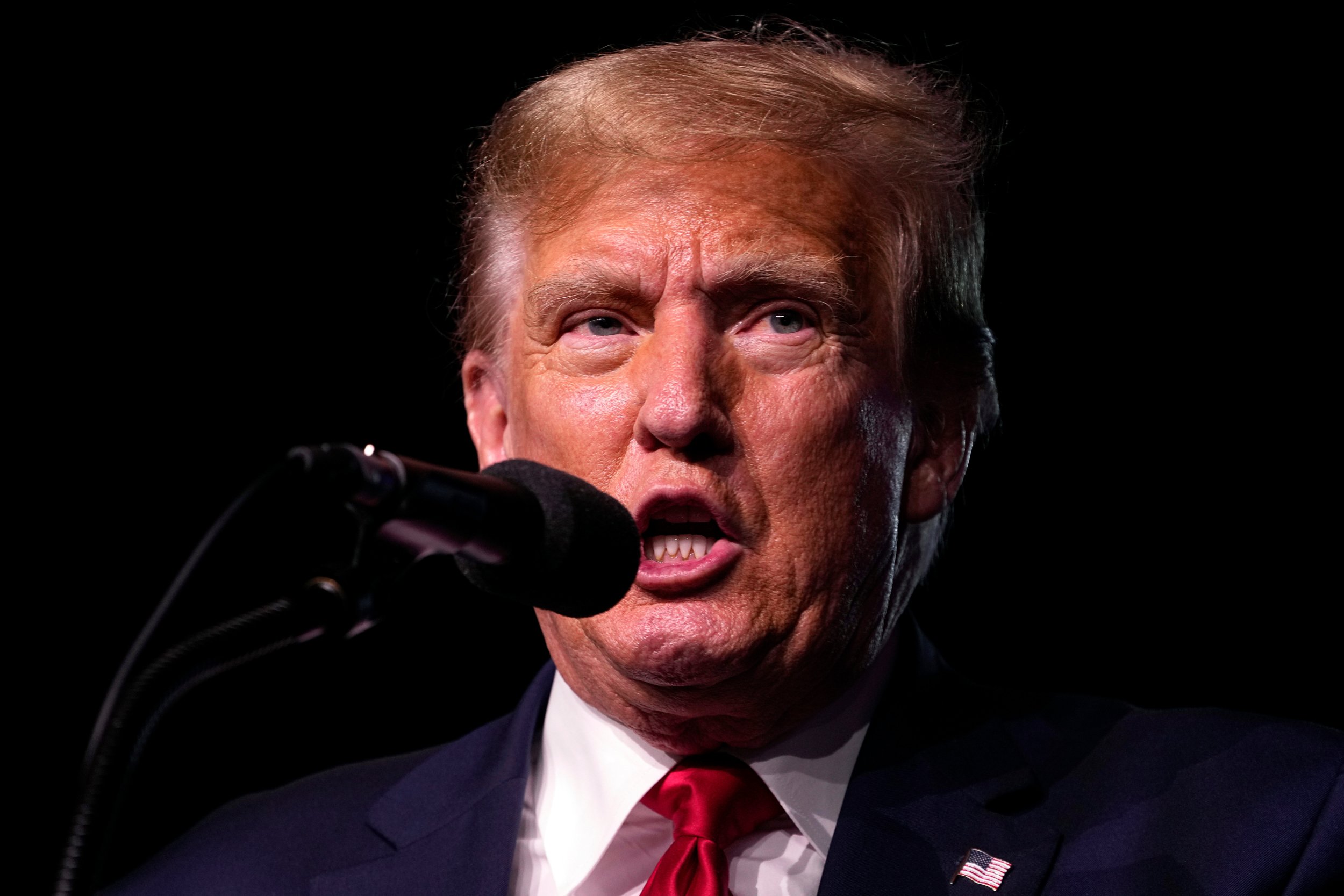
It’s Time to Decriminalize Immigration
Congress should repeal the law that allows for kids to be ripped away from parents and for migrants to be criminalized en masse at the border.
This week, the news has been dominated by horrifying scenes from the border of children being ripped apart from their parents who the federal government is criminally prosecuting. The best solution is to repeal the laws that allow for this injustice in the first place. That’s a far cry from the administration’s announcement today that families would be detained together in family detention centers during and following any criminal prosecution.
The separation of more than 2,300 children from their parents is a direct result of Attorney General Jeff Sessions’ decision to prosecute all migrants apprehended at the southern border, including asylum-seekers and parents coming to the border with small children. The so-called zero-tolerance policy is part of a series of efforts by the Trump administration to use the federal criminal justice system to punish immigrants — often those fleeing persecution and violence — and their supporters by criminally prosecuting them.
What’s new and what’s not?
Few people are aware that even before this latest move to ramp up the criminal prosecutions of parents, the practice of criminally prosecuting immigrants was already widespread and deeply appalling.
Operation Streamline, a program started in 2005 in Del Rio, Texas, mandated that Border Patrol agents refer migrants to the U.S. attorney’s offices for prosecution. Before, immigrants apprehended crossing the border were dealt with almost exclusively within the civil immigration system. Now, immigrants are often charged under one of two federal crimes: unlawful entry, a misdemeanor punishable by up to 180 days in jail, or unlawful re-entry of a deported immigrant, a felony punishable by up to 2 years in federal prison, and even more if the immigrant has a criminal record.
The consequences have been dramatic. Almost half of all federal criminal prosecutions in 2017 comprised just these two crimes, and it’s getting worse.
The creation of a “war on immigrants” and a new mass incarceration crisis
The war on drugs is now widely held to have failed to curb illicit drug use, but criminalization of low-level drug violations resulted in almost unimaginable human and financial costs, particularly in communities of color. Many states have now reduced penalties for drug use, especially for marijuana, and are seeking to rein in spending on mass incarceration.
These state-level reforms are taking place, however, alongside an explosion in the federal criminalization of immigration. When the Department of Homeland Security (DHS) was first established under the George W. Bush administration after 9/11, the new managers of the nation’s immigration enforcement machinery set about to enlist, entangle and commandeer state and local criminal justice agencies. The most vulnerable immigrants in the United States were targeted in a massive campaign to criminalize, capture, detain, deport — and in many cases, prosecute and imprison.
In the last 15 years, the effort to hijack the nation’s criminal justice operations for immigration enforcement purposes has entailed a broad range of activities that enlist local police and jailers, state police and correctional agencies to assist federal authorities in immigration enforcement. At the same time as DHS has scoured state and local agencies for opportunities to expropriate their workforce as federal “force multipliers,” the Department of Justice was pressured to shift its priorities and resources to sharply ramp up prosecution of migrants for unauthorized entry to the country, resulting in a virtual explosion of contracting for private prison beds.
Prosecuting migrants is not a substitute for civil deportation, but instead postpones that process and adds additional human and financial costs associated with their criminalization. Because these prosecutions have primarily been concentrated in five federal court jurisdictions located along the U.S.-Mexico border, they have remained the least publicized element of the immigration enforcement machinery. Still, they represent the most severe exercise of federal power in furtherance of immigration enforcement.
The incarceration costs for improper entry and re-entry were $7 billion between 2005 and 2015, according to research conducted jointly by Justice Strategies and Grassroots Leadership. These costs are increasing, yet, there is no credible evidence that migrants are deterred from crossing or re-crossing the border.
The Trump and Sessions era
After his inauguration, President Trump proclaimed that harsher anti-immigration policies and a massive enforcement campaign would be the hallmarks of his new administration. In April 2017, Sessions pledged to sharply ramp up migrant prosecutions and to greatly increase filings in the interior districts by designating an assistant United States attorney to serve as the Border Security Coordinator who would ensure the prioritization of these prosecutions in all 94 federal court districts.
In 2017, almost 55,000 migrants — including some who may have valid asylum claims — were criminally prosecuted for improper entry or re-entry, accounting for 45 percent of all federal prosecutions that year. About half of these migrants were charged with unlawful entry. The other half were charged with unlawful re-entry after removal.
The pain and suffering borne by people in our immigrant communities increases daily as the Trump administration ratchets up its attacks against them. Immigrant leaders are being targeted for removal, and the Department of Justice has begun to surveil, and in some cases arrest and prosecute, their U.S. citizen allies for provision of water, food and medicine — basic humanitarian support intended to save lives.
As American citizens looking back on the legacy of the drug war and the mass incarceration that it helped to produce, we are appalled and ashamed by the cruel injustices generated by policy mistakes made in a time of moral panic over drugs. There are deep parallels to the moment we are living in now. The mass criminalization of immigrants should worry all who care about the kind of justice system we want to leave behind.
What’s the solution?
Those who are concerned by the scenes at the U.S.-Mexico border should certainly demand that kids never be ripped from their parents’ arms or locked up in long-term family detention camps. However, Congress should also introduce legislation that would end the shameful and wasteful criminal prosecutions of immigrants altogether. Before today’s announcement, President Trump claimed — untruthfully — that his hands were tied, and the Democrats need to fix the law. Pro-immigrant forces in Congress should call Trump’s bluff and introduce a bill that repeals the law that allow for prosecutions of unlawful entry and re-entry.
Judy Greene is one of the nation’s leading criminal justice policy experts whose essays and articles on criminal sentencing issues, police practices, and correctional policy have been published in numerous books, as well as in national and international journals. Her work has been cited in outlets including the Wall Street Journal, the New York Times, and National Public Radio.
Bob Libal is the executive director of Grassroots Leadership, an Austin nonprofit that aims to end mass incarceration.


